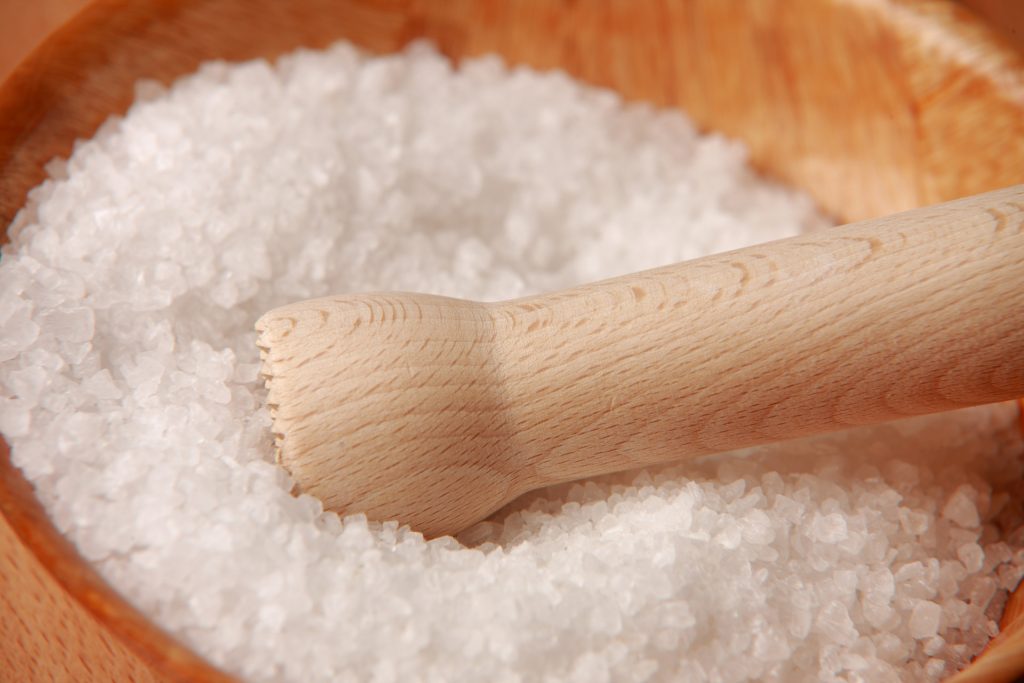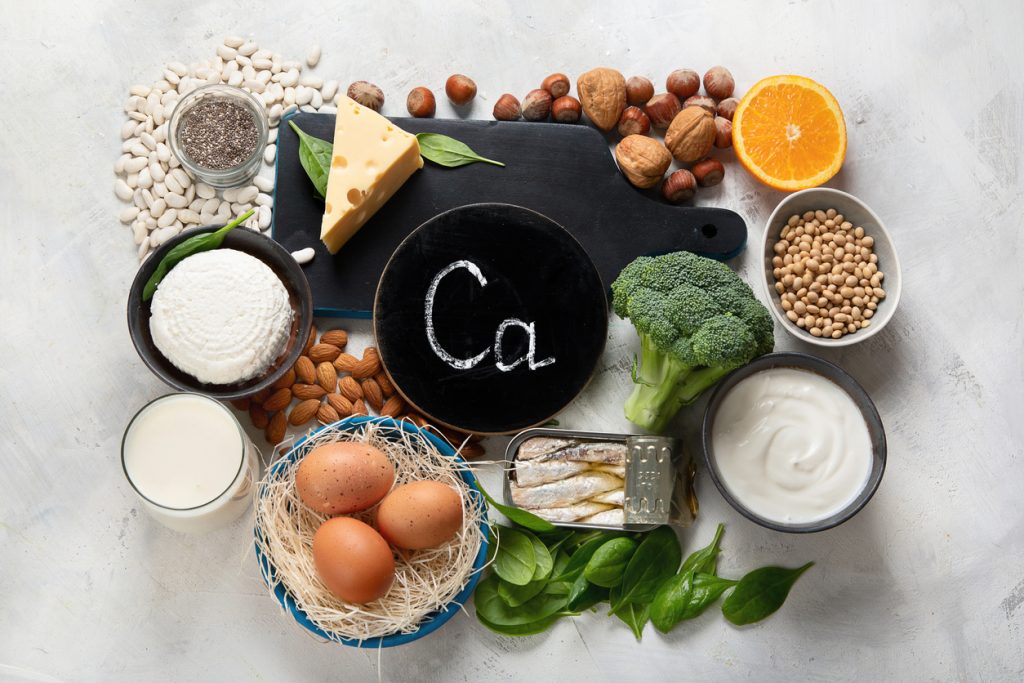If you’ve experienced any ill side effects after carb withdrawal, then you’re probably doing something wrong. One of the most common mistakes beginners on the keto diet make is not replenishing their electrolytes, minerals, and nutrients. Of course, once you adapt to a low-carb, high-fat diet, your body changes how it processes or handles water and electrolytes. An imbalance in electrolytes is the main cause of the ill effects. It’s up to you to ensure that you make up for it using supplements. Otherwise, your ketogenic journey will prove to be quite a struggle.

Here are the best supplements to take on a keto diet:
Important electrolytes to monitor
Electrolytes are an important part of keto dieting. Being electrolyte deficient is one of the causes of keto flu, and you are more likely to experience symptoms like difficulty in falling asleep or remaining asleep, headaches, muscle cramping, fatigue, and irritability. Plus, it makes it all the more difficult to maintain your new diet, more so because of the sugar cravings you will get. Here are some of the electrolytes you should consider supplementing;
Potassium
This is one of the most crucial electrolytes to have enough of in your body. That’s because it’s crucial for numerous body functions that are just as crucial. For starters, it helps regulate levels of blood pressure. However, like everything else, you need to take it in moderation. If you take huge amounts of it, the effect would be rather unpleasant. That’s why it’s best to stay away from potassium supplements and opt for food sources instead.
A lot of people assume that the best sources to get potassium from are high-carb sources like bananas. But it’s also possible to get potassium from keto-friendly foods. Here are some of the foods you can take:
- Meat
- Dark chocolate
- Mushrooms
- Avocados
- Green leafy veggies
- Nuts
Sodium
Keeping your sodium levels low is one piece of advice we’ve all had to strictly adhere to. However, that is only valuable advice if you’re on a diet high in sugar and processed carbs. For someone on a keto diet, it’s best to ensure you keep an eye on your sodium levels. That’s because once you switch to this low-carb, high-fat diet, you also start losing sodium through the water you excrete. Sodium is important as both a mineral and an electrolyte. For starters, it allows you to keep water and fluid in your body and prevent dehydration. Plus, it can help you ensure that you maintain the right electrolyte balance.
Other benefits include:
- Regulate and maintain the standard blood pressure
- Regulates body fluids
- Supports the proper functioning of your nerves and muscles
To ensure you are not exactly sodium deficient, you should consider salting your food. You can use pink Himalayan sea salt, which is very healthy. Additionally, you can make broth made with bouillon cubes now and then, to satisfy your increased sodium needs.
Magnesium
Magnesium is often the most ignored of all electrolytes, but it’s certainly important. That’s because you need it for hundreds of reactions in your body. One benefit is helping with constipation, which may be a result of reducing your carb intake and losing water. Additionally, magnesium can help with food cravings. This can prove helpful, especially if you’re using keto dieting to lose weight.
Other benefits include keeping your bones strong, regulating hormones, muscle function, helping with cramping and sleep, as well as the production of protein and energy. The good thing about magnesium is that you can easily get it from everyday food. However, if you, like most other keto dieters, feel you aren’t getting enough magnesium from food alone, then you should consider taking supplements right before bed.
Some food sources for magnesium include:
- Seeds
- Nuts
- Dark leafy greens like spinach

Calcium
Calcium supplements are beneficial for keto dieters in numerous ways. While it’s common knowledge that it helps build strong bones, not many know it’s also essential in ensuring proper nerve functioning. Additionally, it also ensures that your muscles are working properly.
You can readily get plenty of calcium from keto-friendly meals. That includes:
- Dark leafy greens
- Sardines
- Hard cheese
- Salmon
- Broccoli
Essential Keto Supplements Beyond ElectrolytesOther supplements
Electrolytes are not the only supplements you need to monitor. A deficiency in other nutrients and minerals can still affect your new diet. Here are other supplements to consider.
Exogenous ketones
While it’s possible to achieve and maintain ketosis naturally by allowing your body to produce the ketones (endogenous ketones), getting ketones from an external source can also prove beneficial. Firstly, it will ensure that you reach ketosis faster. Plus, it helps increase your blood ketone level.
Other potential benefits include an increase in athletic performance and a decrease in appetite by ensuring you remain fuller for longer. However, there’s only a little research on the benefits of exogenous ketones. As such, you can opt out of taking these supplements as they are not a necessity. If you choose to go ahead with taking them, then ketone salts and ketone esters are the best supplements to start with.
Digestive enzymes
One ill effect for beginners while transitioning to a high-fat diet from low fat is gastrointestinal symptoms. This includes diarrhoea, bloating, and nausea. Unfortunately, there’s no way to avoid consuming high fats in the keto diet, as 75 percent of the diet is fat. Additionally, the keto diet may include more protein than most are used to, and this can also lead to numerous digestive issues.
If you’ve been a victim of these side effects, then it’s best to consider digestive enzyme supplements. This blend often contains enzymes that optimise digestion and break down fats and proteins. These are lipase and protease enzymes, respectively.
Green powders
One thing that’s hard to miss in the food sources for electrolytes is the appearance of green leafy vegetables in almost all of them. That should let you know how important greens are in keto dieting, as they contain minerals and vitamins that can ensure that your body functions at optimal levels.
You can help boost your vegetable intake by using green powders. However, they are not replacements for your veggies in your eating plan. Often these powders have a mixture of plant foods like;
- Wheatgrass
- Kale
- Spinach
- Chlorella
- Broccoli
- Spirulina (among others)
Final thoughts
A keto diet is just not complete without a balance of all important minerals, nutrients, and electrolytes. A lack of any of them can make your keto journey near impossible. Additionally, don’t forget to drink lots of water and ensure you are always adequately hydrated. If you want to know whether your body is in need of water, just check the colour of your urine. The darker it appears, the more water you need to drink.
1 Comment